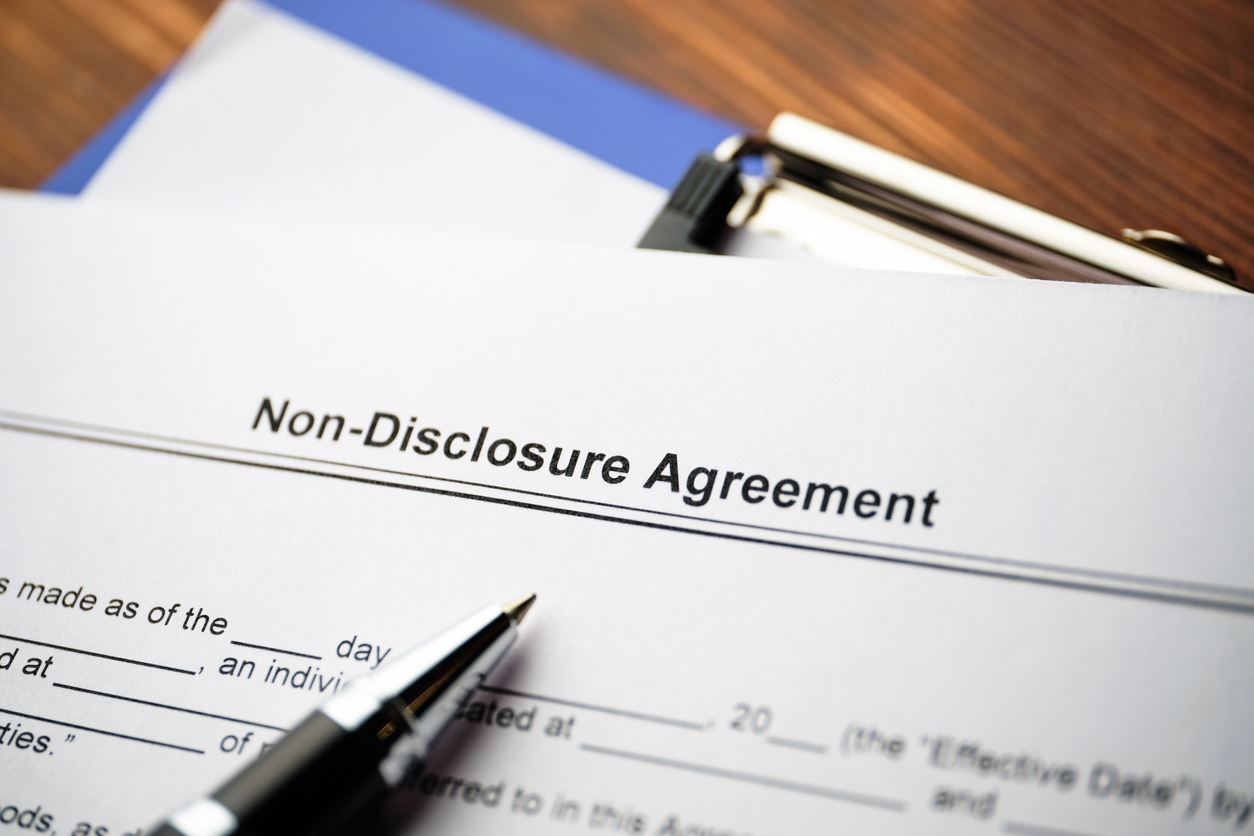The #MeToo movement continues to bring changes to the law that better empower workers to report and address sexual harassment and sexual assault in the workplace. On November 16, 2022, Congress passed the bipartisan Speak Out Act. This bill is now headed to President Biden’s desk, and he is expected to sign it, turning the bill into law in the near future. Once signed, the Act will apply to any claim of sexual assault or harassment brought under state, federal, or tribal law on or after the date the Act is signed.
The Act Prohibits the Enforcement of Certain Restrictive Employment Agreements in Cases of Sexual Assault or Sexual Harassment
Once it becomes law, the Speak Out Act will prohibit the enforcement of nondisclosure and nondisparagement clauses in an employment agreement or other employment related contractregarding discussion or disclosure of sexual assault or harassment disputes entered into beforesuch assault or dispute is alleged to have occurred. This includes nondisclosure and nondisparagement provisions contained in employment agreements, nondisclosure agreements, and other agreements employees might sign prior to a sexual assault or harassment issue arising in the workplace.
What Does this Mean in Plain English?
If a worker has signed an employment contract or other agreement that says the employee is prohibited from making disparaging or critical remarks about the company, or that prevents the employee from making other statements or disclosing information about his or her employer, that agreement or clause cannot be used to prevent the worker from speaking out about instances of sexual assault or sexual harassment in the workplace if the agreement was signed by the employee before the sexual assault or sexual harassment took place. In short, the goal of the Actis to prevent employers from using agreements signed by a worker before an instance of sexual assault or sexual harassment occurs to silence or gag employees from reporting sexual misconduct in the workplace.
Key provisions of the Act
If an employer requires a worker to sign nondisclosure provisions under which employees agree to keep information confidential, those agreements cannot be used to prevent a worker from sharing the details of any future sexual assault or harassment disputes.
Nondisparagement provisions, which are used to limit employees’ ability to speak out against, or say anything negative about, their employer cannot be used to prevent a worker from speaking out about future sexual assault or harassment disputes that arise after they have signed the nondisparagement agreement.
The Act applies to all contracts past, present, and future, as long as the claim of sexual assault or harassment is brought under state, federal or tribal law on or after the date the Act goes into effect.
States may continue to enforce their own laws that are equally or more protective of an employee’s ability to speak out about alleged sexual assault or harassment in the workplace, and those state laws are not superseded by the Act.
What the Act Does Not Do
The Act does not prevent a company and an employee from entering into nondisclosure and nondisparagement agreements regarding alleged sexual assault or harassment as a result of a settlement, as long as such agreements are otherwise permitted by applicable state law.
The Act does not prevent employers and employees from entering into nondisclosure and nondisparagement agreements at the beginning of employment if those provisions exclude sexual assault or harassment matters.
The Act does not prevent employers from requiring nondisclosure agreements to protect trade secrets or proprietary information.
Lastly, the Act is limited to claims of sexual harassment and sexual assault. Under the Act, the law will not apply to nondisclosure or nondisparagement clauses as applied to claims of race, age, national origin, or similar employment discrimination claims.
For more information on the Speak Out Act see:
Senate Bill 4524 – Speak Out Act
Congress passes law banning non-disclosure agreements in sexual harassment cases
Congress Passes Speak Out Act, Banning Certain Prospective Non-Disclosure Agreements
